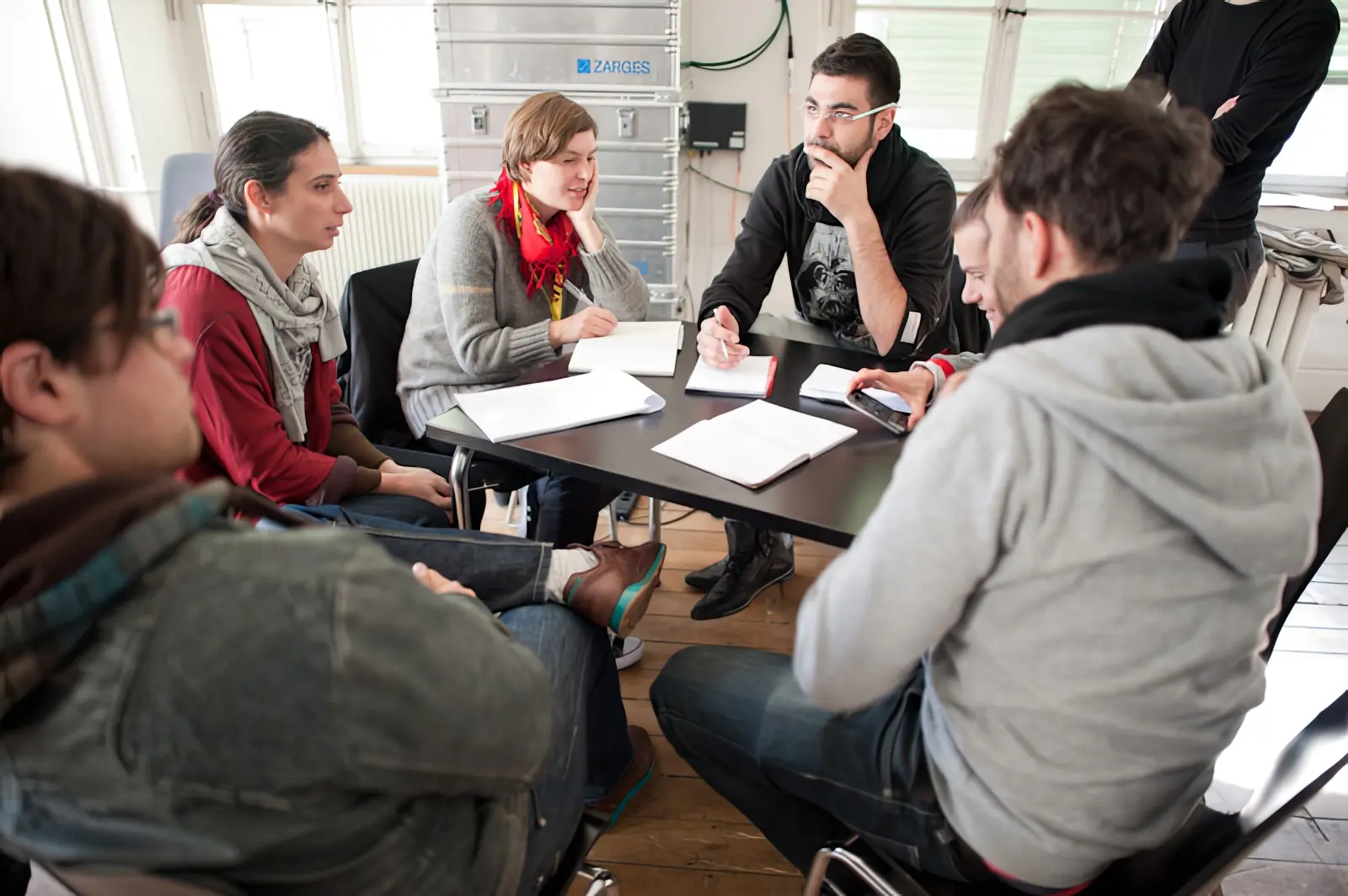
Project Summary
I facilitated a Design Fiction workshop on the ways Design Fiction can help discover unknown unknowns and build up our ability to imagine the unexpected and unanticipated — or just the things we would prefer not to think about. I did this at the Swiss Design Network conference in Basel Switzerland in October 2010.
Client: Swiss Design Network
Client URL: https://swissdesignnetwork.ch/en/conferences/negotiating-futures-design-fiction/
Team: Near Future Laboratory
Project Year: 2010
Project Duration: 1 Week
Published On: Jun 16, 2024, 12:05
Updated On: Jun 16, 2024, 12:05
Written By: Julian Bleecker
Project Semantic Tags CONFERENCEDESIGN FICTIONFACILITATIONFAILURESWORKSHOP
The Project
From the Swiss Design Network Conference Notice
Designers see the world not simply as it is, but rather as it could be. In this perspective, the world is a laboratory to explore the contingency of the existing and thinking in options. Imaginations of the contrafactual are a key source for the creation of alternative political, technological, social, or economic constellations of artefacts, interfaces, signs, actors, and spaces. At the same time, strategies of materialization are pivotal to shift the boundary between the fictional and the real and to finally bring possible new realities into being. The conference addresses the questions of how fictions are designed and how the multiplicity of possible new futures is negotiated and realized.
This is also the conference at which I delivered a keynote on Design Fiction
Activity 2: Description of anticipated failures (design fictions)
In the second activity, we asked people to craft two stories about potential failures/problems caused by designed objects in the future. By projecting people into the near future, we wanted to grasp some insights about how failures can be envisioned under different conditions. Here again, some examples that came out:
Identity and facial surgery change, potentially leading to discrepancies in face/fingerprint-recognition
Wireless data leaking everywhere except “cold spots” for certain kind of people (very rich, very poor)
Problems with space travelling
Need to “subscribe” to a service as a new person because of some database problem
People who live prior to the Cloud Computing era who have no electronic footprint (VISA, digital identity) and have troubles moving from one country to another
3D printers accidents: way too many objects in people’s home, the size of the printed objects has be badly tuned and it’s way too big, monster printed after a kid connected a 3D printer to his dreams, …
Textiles which suppress bad smells also lead to removal of pheromones and it affects sexual desire (no more laundry but no baby either)
Shared electrical infrastructure in which people can download/upload energy but no one ever agreed on the terms and conditions… which lead to a collapse of this infrastructure
Clothes and wearable computing can be hacked so you must now fly naked (and your luggage take a different flight)
It was interesting to notice that the “observed failures” (activity 1) were about a large range of designed objects (without necessarily Information Technologies). In this second case, ICT were always involved in the anticipated failures. It is as if we had trouble projecting other possibilities… (((A significant finding, there.)))
Use the Contact Form below to discuss how you can engage Near Future Laboratory to help you make sense of your organization's possible futures.